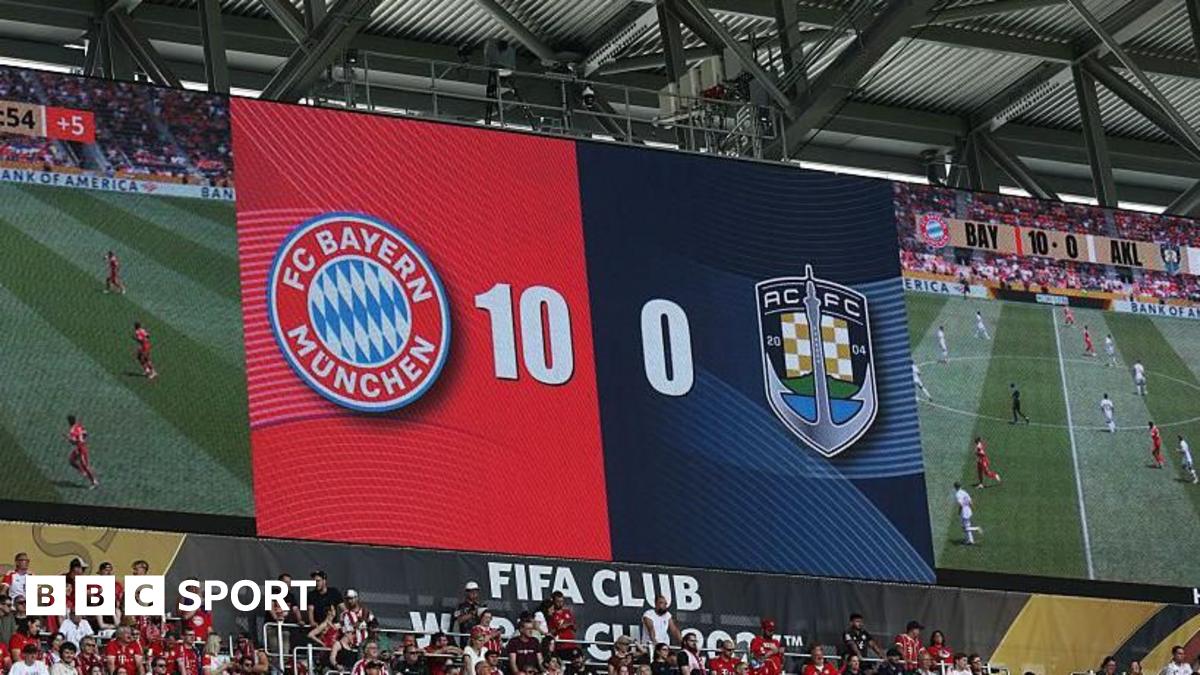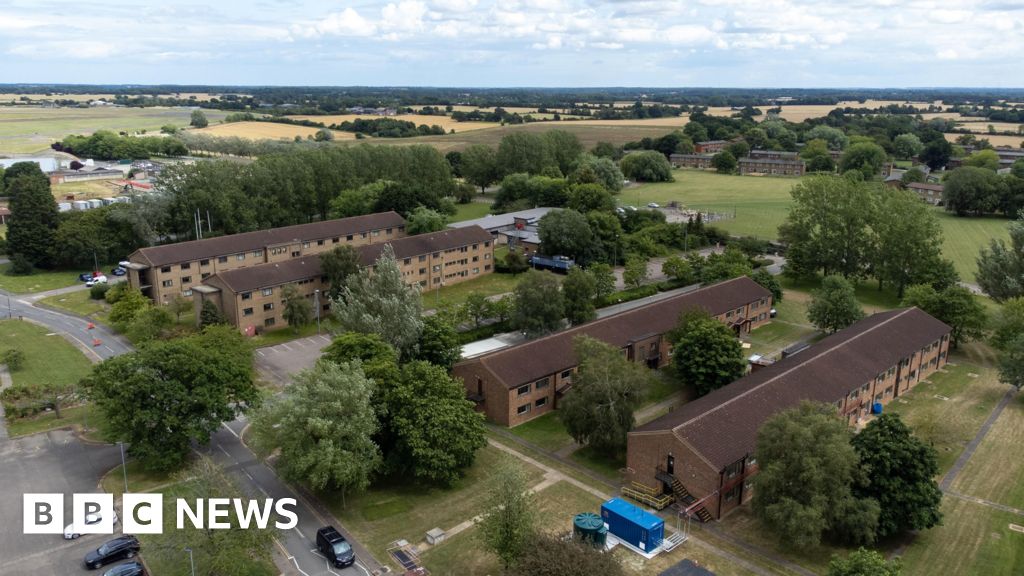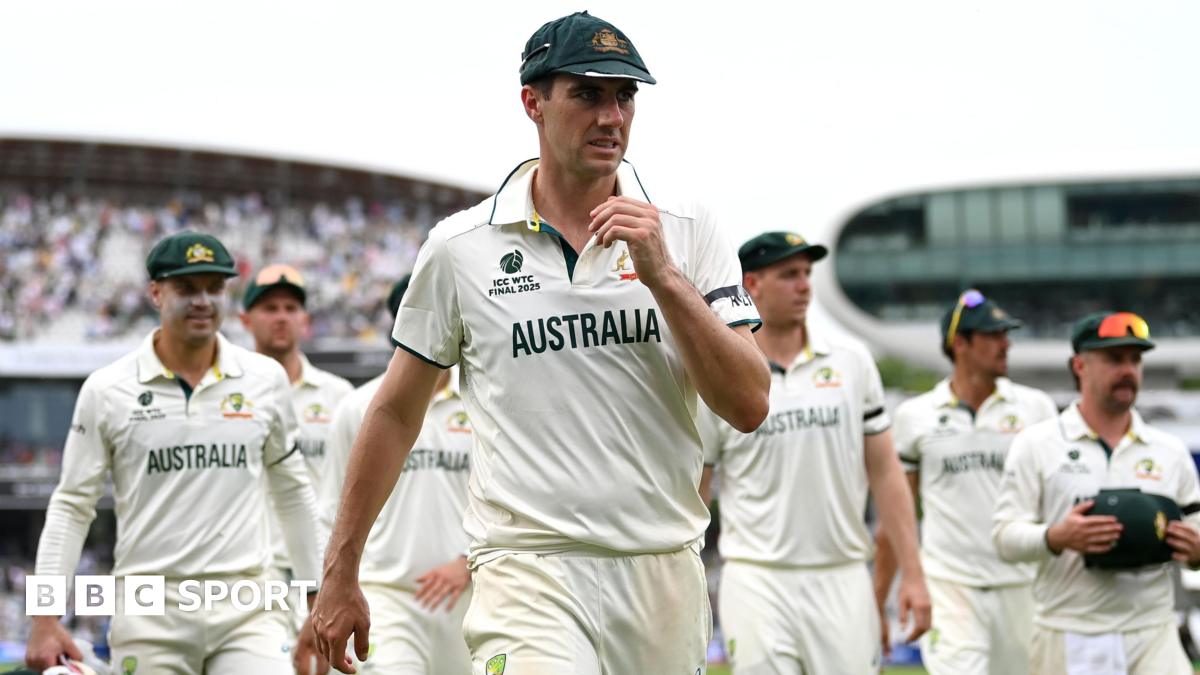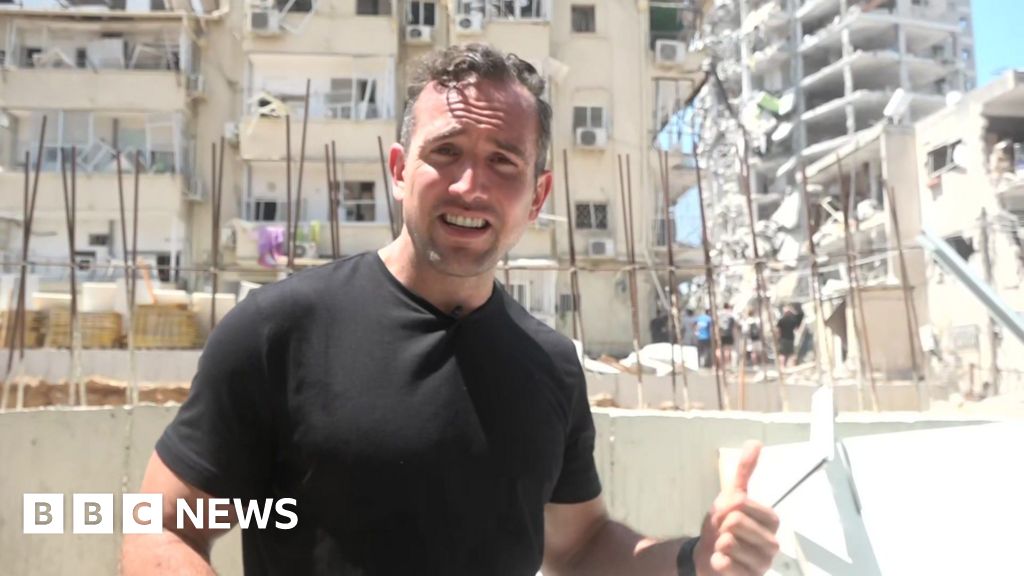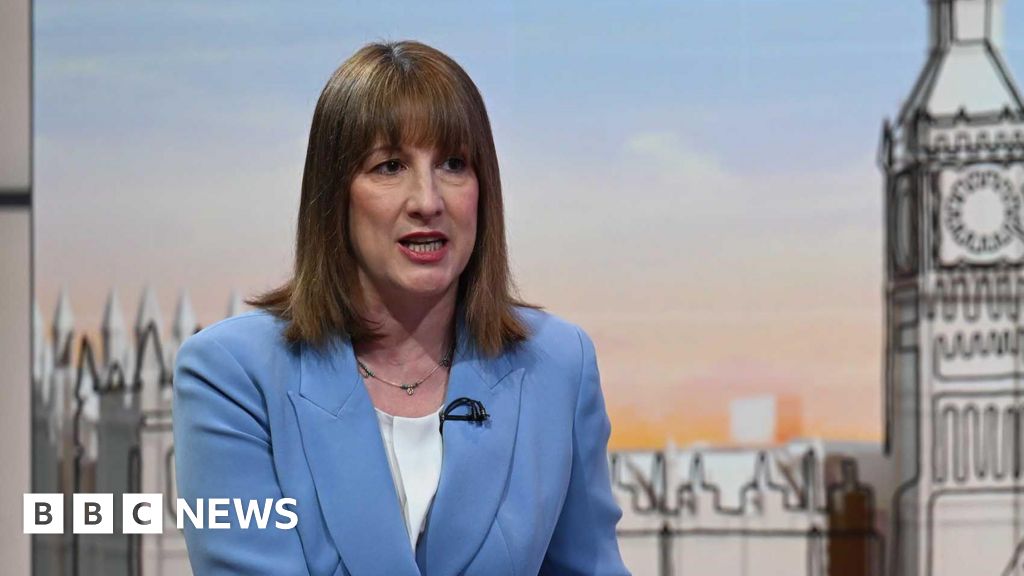Lucy Hooker
BBC Business reporter
Chancellor Rachel Reeves says the government will do "everything in [its] power" to protect people in the UK from the knock-on economic effects of the conflict between Iran and Israel.
She would not "take anything off the table" in response to the threat of rising energy costs, she told the BBC's Sunday with Laura Kuenssberg programme.
The global oil price rose sharply on Friday following the initial attacks by Israel and Iran's subsequent response.
A rise in the cost of oil pushes up petrol and diesel prices and can fuel inflation more broadly.
Following Russia's full scale invasion of Ukraine in 2022, oil prices spiked to nearly $130 a barrel, contributing to higher prices for UK shoppers on everything from transport to food.
However the cost of a barrel of oil, currently around $75, is still lower than it was in January.
"There is no complacency from myself or the Treasury," Reeves told the BBC.
In 2022, following the start of the Ukraine war, the Conservative government responded to higher energy prices by stepping in to help households with their bills.
"We are not anywhere near that stage at the moment," the chancellor said.
Household energy bills respond slowly to rising wholesale energy prices, and average bills, as set by the price cap, are due to come down in July.
If the conflict continues, and in particular if there is disruption to shipping in the Strait of Hormuz, the waterway off the south coast of Iran, the price of oil and gas could rise further.
However, oil market experts say there is currently less upward pressure on the price of oil than there was three years ago.
Reeves said the situation in the Middle East was part of the reason that she had raised spending on both defence and energy security, in her announcement last week, which outlined the government's budgets for the rest of the parliament.
"A lack of investment in our own domestic energy production has left us exposed," she said.
"The investment [announced in the Spending Review] in nuclear energy, in offshore wind, in onshore wind, in carbon capture and storage, is all about ensuring we are more self-sufficient as a nation," she said.
Many of those investments will take several years to complete, but some of the government's planned investments could have an impact "in the shorter term" such as investment in home insulation, she added.
Lord John Browne, former chief executive of the energy giant BP, said he also believed it was time to "push very hard" on energy security, and on the transition away from fossil fuels.
Lord Browne, who now chairs BeyondNetZero, a fund investing in carbon transition technologies, told Laura Kuenssberg some of the government's plans were "too bullish" and would take more time than planned.
Shadow chancellor Mel Stride said the implications of the latest conflict for "oil prices, equity prices... trading and inflation and therefore interest rates and the general state of the world economy" were very important.
He said the UK economy needed to be "much stronger" to cope with the challenges it is now facing, adding that the government had made the wrong choices by increasing taxes on business.
Plans for borrowing and spending had kept inflation higher, he said.

 10 hours ago
10
10 hours ago
10

